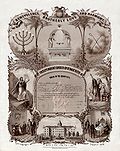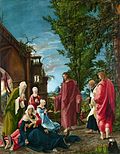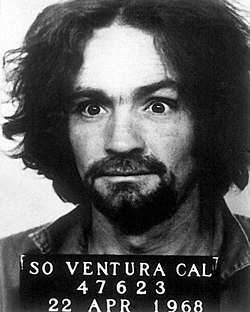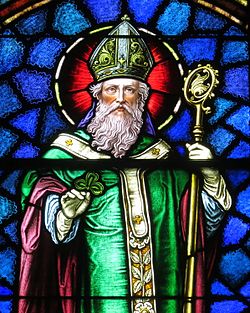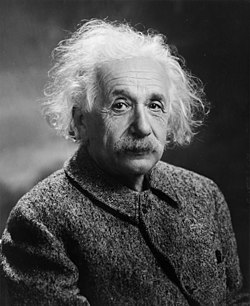Portal:Religion
The Religion Portal
Religion is a range of social-cultural systems, including designated behaviors and practices, morals, beliefs, worldviews, texts, sanctified places, prophecies, ethics, or organizations, that generally relate humanity to supernatural, transcendental, and spiritual elements—although there is no scholarly consensus over what precisely constitutes a religion. It is an essentially contested concept. Different religions may or may not contain various elements ranging from the divine, sacredness, faith, and a supernatural being or beings. (Full article...)
 Vital article
Vital article
Paul, also named Saul of Tarsus, commonly known as Paul the Apostle and Saint Paul, was a Christian apostle (c. 5 – c. 64/65 AD) who spread the teachings of Jesus in the first-century world. For his contributions towards the New Testament, he is generally regarded as one of the most important figures of the Apostolic Age, and he also founded several Christian communities in Asia Minor and Europe from the mid-40s to the mid-50s AD. (Full article...)
 Did you know (auto-generated)
Did you know (auto-generated)
- ... that Gherardo Gambelli, the incoming archbishop of Florence, served as a prison chaplain in Chad for over a decade?
- ... that a religious community is a group of people who practice the same religion, but do not have to live together?
- ... that fictional religions, often described in speculative fiction, have in some cases inspired real religious movements?
- ... that religious studies scholar C. Jouco Bleeker believed that religions are like acorns?
- ... that Catherine de Parthenay, a 16th-century Huguenot leader, was a member of "a highly successful network of information" during the French Wars of Religion?
- ... that across his thirty-six collections, fashion designer Alexander McQueen contemplated religion, told fairy tales, and criticized the fashion industry?
Ruth E. Norman (born Ruth Nields; August 18, 1900 – July 12, 1993), also known as Uriel, was an American religious leader who co-founded the Unarius Academy of Science, based in Southern California. Raised in California, Norman received little education and worked from an early age in a variety of jobs. In the 1940s, she developed an interest in psychic phenomena and past-life regression. These pursuits led to her introduction to Ernest Norman, a self-described psychic, in 1954. He engaged in channeling, past-life regression, and attempts at communication with extraterrestrials. She married Ernest, her fourth husband, in the mid-1950s. Together they published several books about his revelations and formed Unarius, an organization which later became known as the Unarius Academy of Science, to popularize his teachings. The couple discussed numerous details about their alleged past lives and spiritual visits to other planets, forming a mythology from these accounts. (Full article...)

















